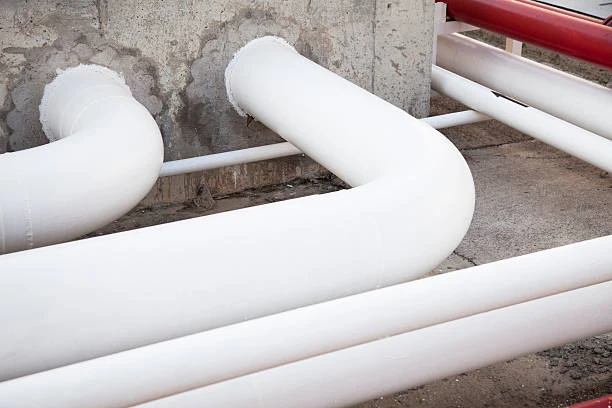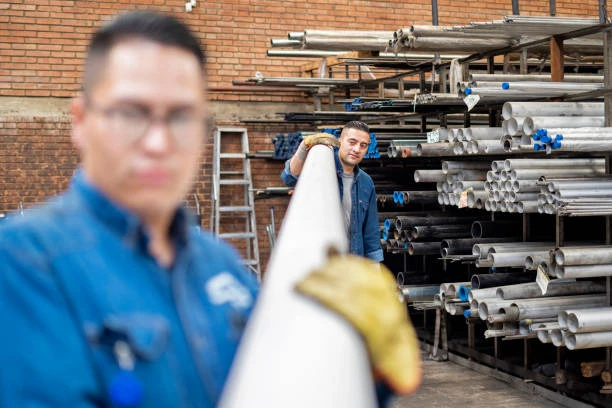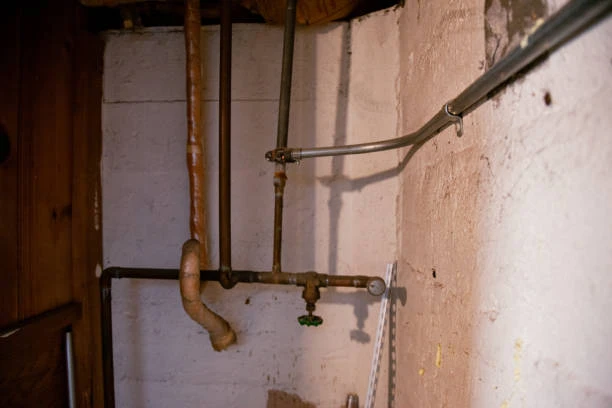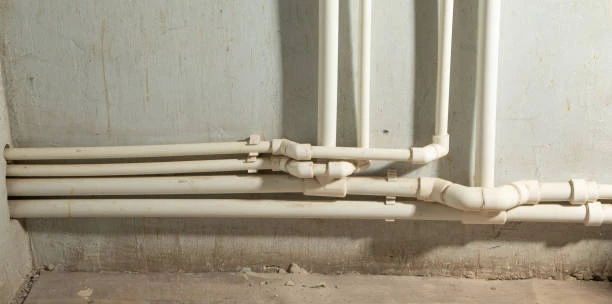Faucet Maintenance for Longer Switch Lifespan
Sinks and taps are among the most frequently used fixtures in homes, commercial kitchens, and public restrooms. While they are designed for durability, regular use, water pressure, and exposure to minerals can shorten their lifespan. One of the easiest and most cost-effective ways to extend their functionality is proper faucet maintenance. By following routine care practices and understanding key components like valves and cartridges, you can significantly prolong the switch life of your faucets—whether they are part of premium sets or economical choices.
This article explores practical tips and expert advice to help users maintain their sinks and taps, avoid premature replacements, and make informed decisions when purchasing or installing new plumbing fixtures.
Frequently Asked Questions (FAQ)
1. Why does my tap handle feel stiff or loose?
Over time, mineral build-up or worn cartridges can cause tap handles to become stiff or wobbly. Cleaning or replacing internal components usually restores smooth operation.
2. How often should I clean my faucet aerator?
Ideally, clean it every three months to remove debris and mineral deposits. This keeps water flowing efficiently and prevents splashing.
3. Is it worth repairing an old tap instead of replacing it?
Yes, especially if the body and spout are in good condition. Replacing washers or cartridges is often cheaper and more sustainable than buying new sinks and taps.
4. Can I use vinegar to descale a tap?
Yes, white vinegar is effective for removing calcium and limescale deposits. Soak affected parts in vinegar for 15–30 minutes and rinse thoroughly.
5. What causes leaks from the base of a tap?
Leaks at the base usually result from damaged O-rings or improper installation. Inspect and replace seals as needed to prevent water damage.
What Are Brass Valves and Why Are They Important?
Brass valves are essential components inside many faucets. Made from an alloy of copper and zinc, they regulate the flow and temperature of water, ensuring reliable performance and durability.
Key Characteristics of Brass Valves:
Corrosion Resistance: Brass naturally resists rust and corrosion, making it ideal for wet environments.
Durability: Brass valves withstand high water pressure and frequent operation without cracking or degrading.
Antimicrobial Properties: Brass offers natural protection against bacteria growth in plumbing systems.
Thermal Stability: They perform well with both hot and cold water, maintaining structural integrity.
Precision Machining: Brass can be finely shaped for leak-proof fittings and smooth internal flow.
Due to these qualities, brass valves are commonly found in sinks and taps where long-term reliability is important.
Common Applications and Industries Using Brass Valves
Brass valves are versatile and used across various sectors. Their adaptability makes them suitable for domestic, commercial, and industrial plumbing systems.
Key Industries and Settings:
Residential Use
Bathroom sinks and kitchen taps
Garden hose bibs
Shower valves
Commercial Settings
Restaurant kitchens and bar areas
Hotel bathrooms and public washrooms
Retail stores and shopping malls
Industrial Environments
Manufacturing plants and workshops
Water treatment facilities
HVAC systems
In each of these settings, maintaining sinks and taps with quality brass internals ensures longevity and reliability under different usage conditions.
Buying Guide: Choosing the Right Sinks and Taps
Selecting taps might seem like a simple task, but getting the right one involves more than just design. Whether you’re renovating a bathroom or building from scratch, consider the following elements when choosing sinks and taps.
What to Look For:
1. Material
Opt for brass, stainless steel, or certified plastic. Avoid low-grade zinc alloy, which can corrode quickly. Brass remains a preferred material for internal components like valves.
2. Finish
Choose a finish that matches your décor and resists corrosion. Chrome, brushed nickel, matte black, and antique bronze are popular, with PVD-coated finishes offering added durability.
3. Cartridge Type
Ceramic disc cartridges last longer and resist wear better than traditional rubber washers. They also allow for smoother operation.
4. Certification
Check for compliance with ISO, EN, or local water safety standards. This ensures the tap materials are non-toxic and pressure-tested.
5. Warranty and After-Sales Support
A good warranty reflects confidence in the product. Also, make sure spare parts like cartridges and aerators are easily available.
6. Water Efficiency
Look for taps with aerators or flow regulators to reduce water usage without compromising performance.
Installation Tips for Sinks and Taps
Proper installation plays a vital role in how long your tap lasts and how well it performs. Even the best materials can fail prematurely if fitted incorrectly.
Basic Installation Steps:
Turn Off Water Supply
Always shut off water valves before beginning.Position and Secure Tap
Insert the tap into the designated hole in the sink or countertop. Use the provided rubber gasket and securing nut.Attach Water Hoses
Connect the hot and cold hoses to their respective supply lines. Tighten with a spanner but avoid over-torquing.Seal Joints
Apply plumber’s tape (PTFE tape) to threaded connections to prevent leaks.Flush System
Before using the tap, flush water through it to clear any debris from the system.Check for Leaks
Run water and check all connections. If any leak occurs, re-tighten or re-seal as needed.
Even affordable sinks and taps can perform exceptionally well with careful installation.
Brass Valves vs Plastic Valves: Comparison Table
When choosing between brass and plastic valves, it helps to understand how they differ in strength, longevity, and cost. Here’s a simple comparison to guide your decision:
| Feature | Brass Valves | Plastic Valves |
|---|---|---|
| Strength | High durability under pressure | Moderate strength, may deform over time |
| Heat Resistance | Excellent, suitable for hot water systems | Lower heat tolerance |
| Corrosion Resistance | Excellent against moisture and minerals | Good, but may degrade over long exposure |
| Weight | Heavier, solid construction | Lightweight, easier to handle |
| Cost | Higher upfront cost | More affordable, suited for low-demand use |
| Maintenance | Easy to repair and maintain | May need full replacement if damaged |
| Lifespan | 10–25 years depending on usage | 3–10 years in most applications |
| Best For | Kitchens, bathrooms, commercial applications | Light-duty or temporary plumbing systems |
For high-traffic areas or long-term reliability, brass valves are the superior option for sinks and taps.
Conclusion
Maintaining your faucets not only prevents leaks but also significantly extends the lifespan of switches and internal components. Simple steps like cleaning aerators, replacing worn cartridges, and using the right materials during installation can save you time, money, and water.
Whether you’re using top-tier mixers or cost-effective sinks and taps, consistent maintenance and informed decisions ensure your plumbing system performs efficiently for years. Always consider quality components like brass valves and certified materials when upgrading or repairing taps.
Connect with IFAN
IFAN is a trusted Chinese manufacturer with 30 years of experience in producing plastic pipes, copper fittings, and valves for a wide range of plumbing applications. Whether you’re installing new sinks and taps, repairing an existing system, or sourcing reliable components for commercial projects, IFAN has you covered.
Our products are designed to meet both residential and industrial needs, delivering durable, affordable, and high-standard solutions for your piping systems.
Contact Us:
- For more information,pls visit our webside https://waterpipefitting.com/
Pls Mailto: [email protected]
Whatsapp: +86 15088288323
We respond to emails and faxes within 24 hours. Feel free to call us at any time for assistance with product information or technical support.
IFAN International Product Standards
IFAN’s entire product range meets a wide range of international standards to ensure quality, safety, and performance, including:
Standards Include:
ISO 15874, EN 15874, ASTM F2389, DIN 8077/8078, GB/T 18742, NBR 15884, ISO 15494, EN ISO 15494, GB/T 19472, ASTM 2846, DIN 8079/8080, ASTM F441/F441M SCH80, DIN (504), DIN (505), GB/T 18993, AS/NZS 1477, CSA B137.6, NSF/ANSI 14, TIS 17-2532/1131-2535, BS 3505, BS 4346, ASTM D1785 SCH40/80, ISO 1452, DIN 8061/8062, JIS K6741, CSA B137.3, and more.
These certifications reflect our global commitment to safe and efficient plumbing products, trusted by professionals in over 100 countries.














Recent Comments